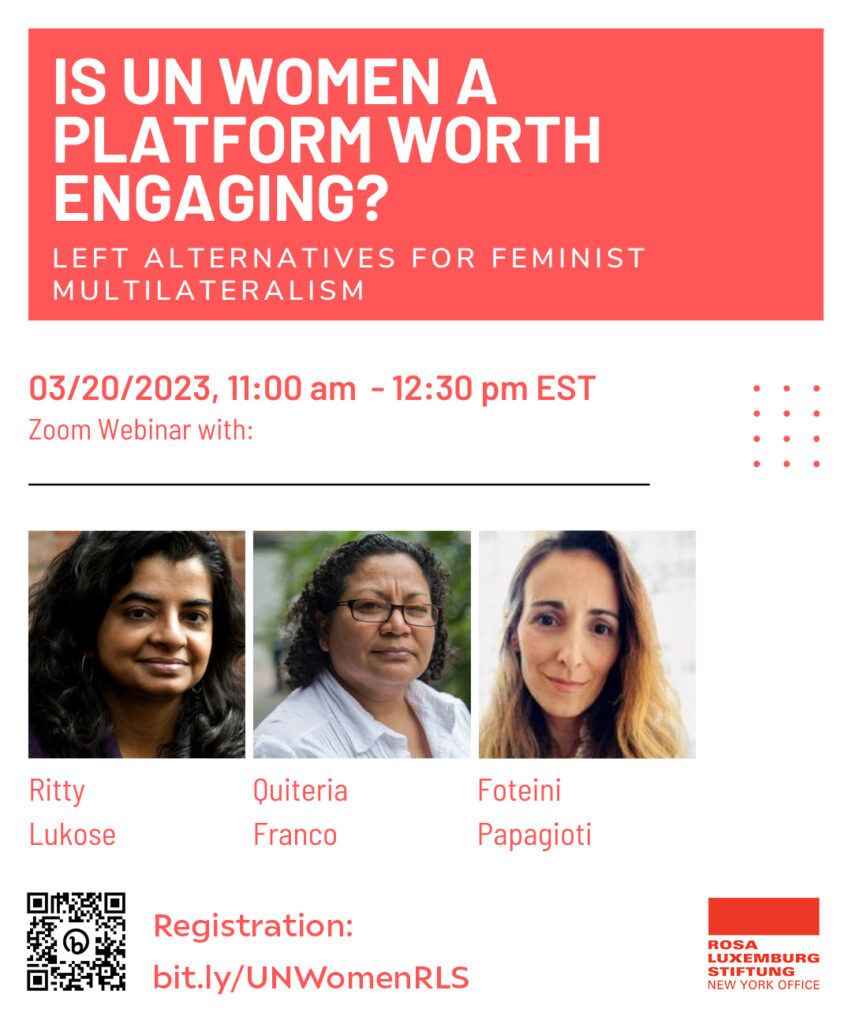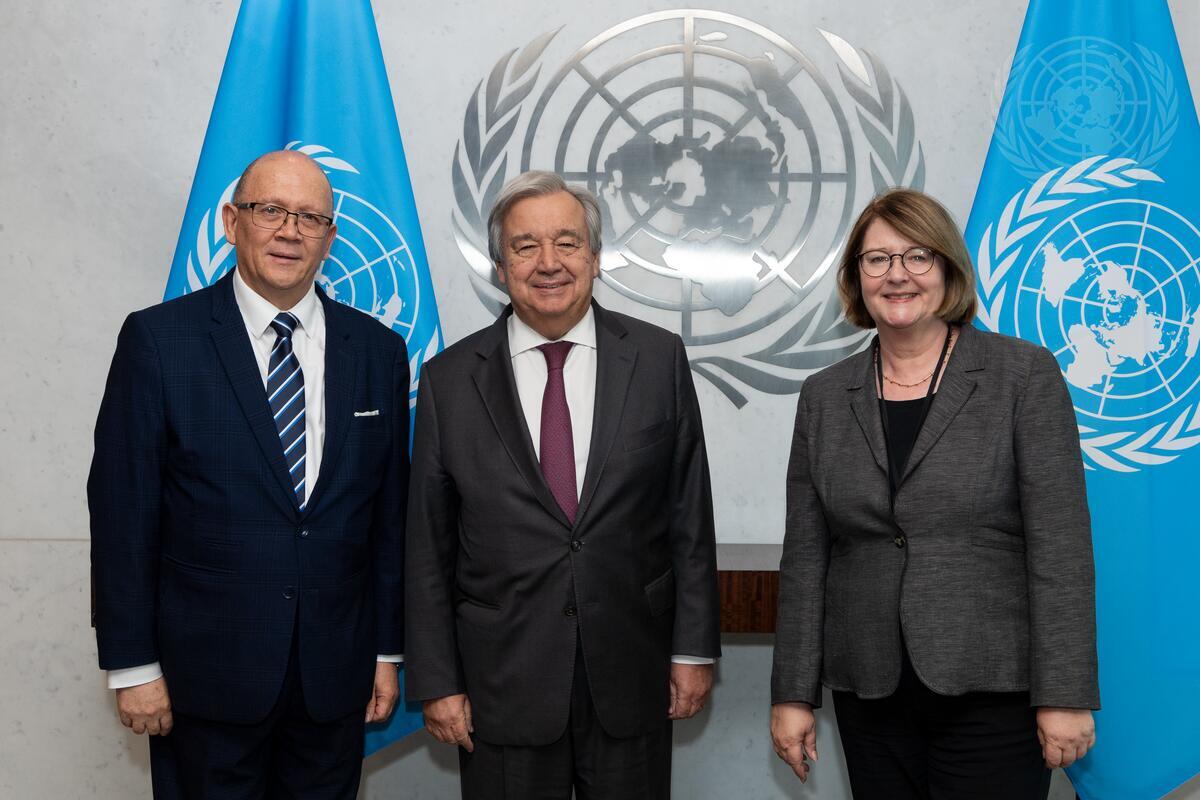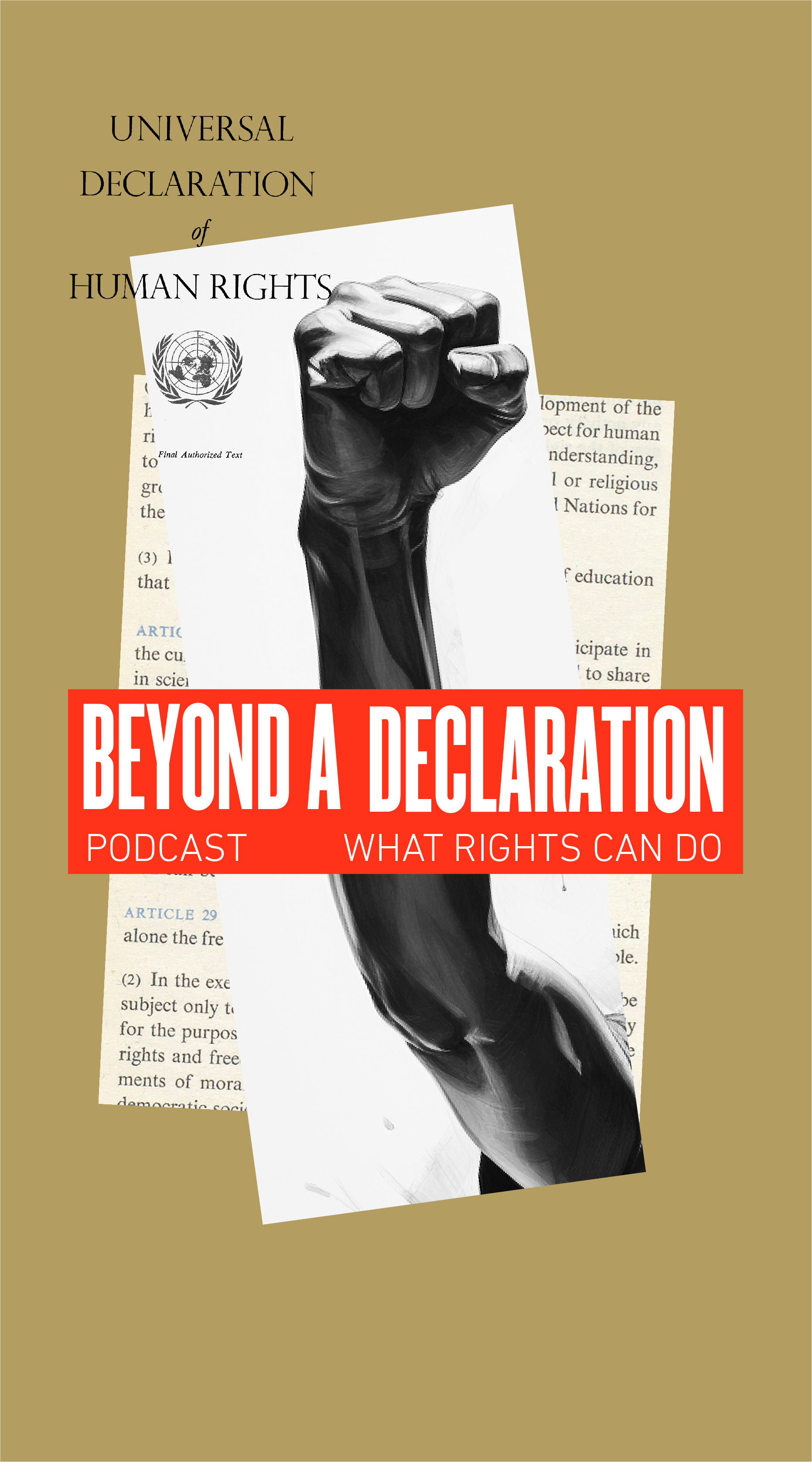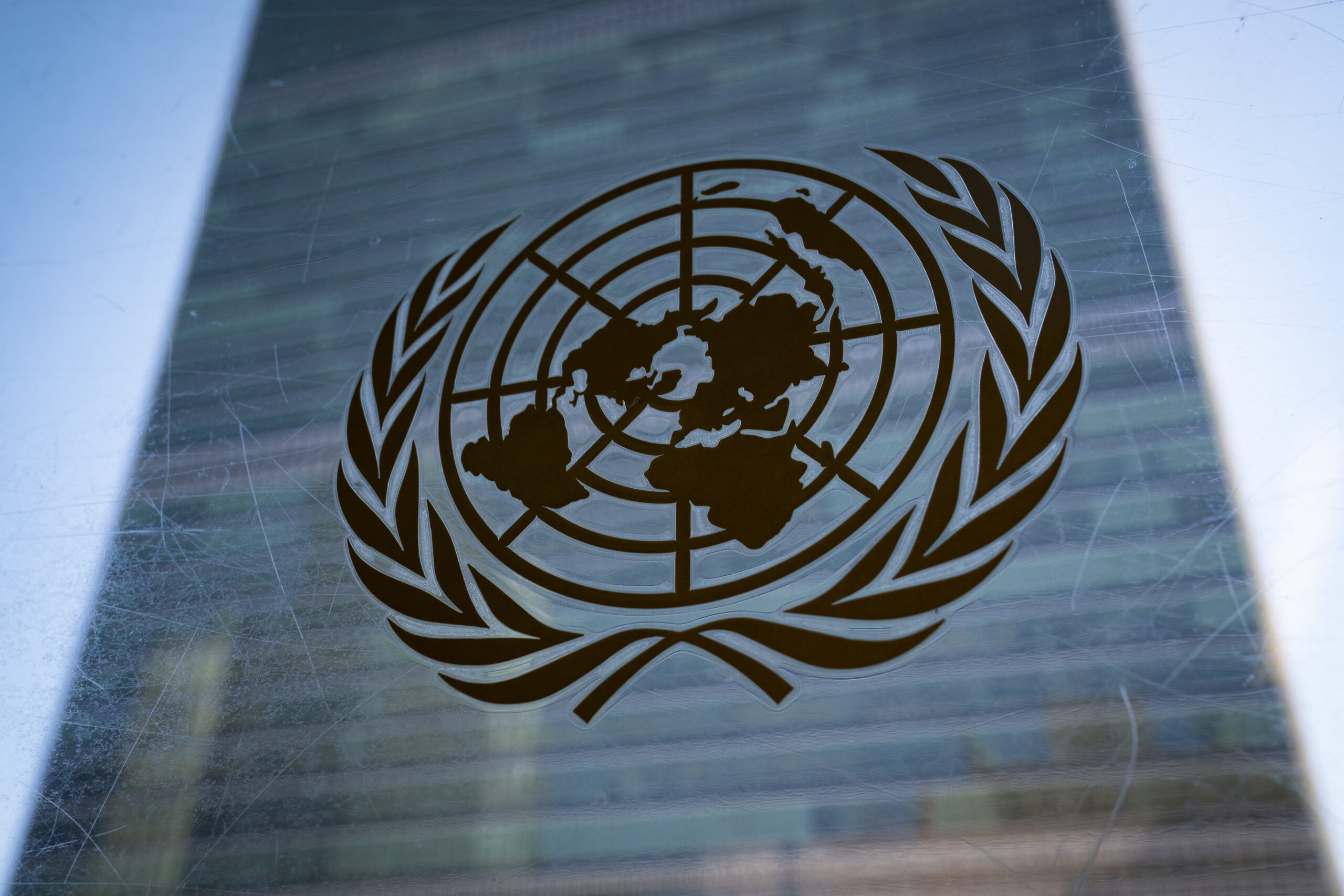Watch the recording:
Join us online on March 20 for a discussion on the work of UN Women. This panel will explore why (and if) UN Women is a platform worth engaging, how we can build alternatives within the UN and outside of its structures, why there is so little academic writing on the work of UN Women and what steps UN Women must take to ensure full participation of our communities.
Speakers:
- Foteini Papagioti, senior policy advisor at the International Center for Research on Women (ICRW) and member of the Women’s major group
- Quiteria Franco, human rights defender of the rights of the queer community in Venezuela and member of the Civil Society Advisory Group of UN Women
- Ritty Lukose, associate professor at NYU researching transnational feminist movements
When: Monday, March 20, 11:00am – 12:30pm. Via Zoom
Register here.

Is UN Women a Platform Worth Engaging?
Left Alternatives for Feminist Multilateralism
The United Nations describes itself as a place where the “nations can gather together, discuss common problems and find shared solutions” with the protection of human rights as one of its core goals. The UN prides itself on having created a community of equals that tackles international problems such as climate change, gender equality, the protection of human rights, and many more. It does so by passing “inclusive and proactive” policies. However, while the UN has set up various funds and programs, functional committees and specialized agencies, some scholars and activists are concerned about its ability to provide progressive, diverse and truly inclusive policies for current issues the international community is faced with. While there are treaties such as the International Convention on the Elimination of All Forms of Racial Discrimination (1965), the Convention on the Elimination of All Forms of Discrimination against Women (1979), the Convention on the Rights of the Child (1989), the Convention on the Rights of Persons with Disabilities (2006) and the Beijing Declaration (1995) or organizations such as the Committee on the Status of Women, the Committee on Non-Governmental Organizations, the Permanent Forum on Indigenous Issues (UNPFII), UN-Women and the United Nations Environment Programme (UNEP) the work of these organs have failed to include perspectives of marginalized communities in policymaking.
With UN-Women recognizing intersectional feminism only in the aftermath of the Covid-19 pandemic 2020, only a single UNPFII session in 2004 focused on women, the UNEP’s first-ever policy strategy for gender equality and the environment (2015) demonstrates some milestones of the UN including gender justice in its policy making. However, when the interaction of UN bodies with marginalized voices and the focus of the UN conferences on issues of these communities is held to a minimum, the trust and need of the UN may fade away. UN-Women attending the World Economic Forum, to discuss the economic justice of women, opens the question of whether a meeting of business leaders, billionaires and politicians is a legitimate and necessary stage to discuss the economic well-being of racialized women, queer trans and non-binary, which is at the core of gender justice.
While there have been attempts to ensure gender justice the UN and UN Women in particular have little to show for themselves. In 2020 UN Women appointed its very first LGBTIQ+ Policy Specialist, yet there has been no official report on the work of the specialist and their concrete work objectives. Moreover, the mainstreaming of the rights of racialized women, queer trans and non-binary people has not gone beyond some few press releases by UN Women or the creation of a subgroup within UN Women centralizing these communities. Nonetheless, the left movements around the globe are understanding the need for intersectionality in their work and were able to release the Feminist declaration on the occasion of the twenty-fifth anniversary of the Fourth World Conference on Women* a feminist manifesto that understands gender equality as an action centring all work around racialized women, queer trans and non-binary people. This declaration was initiated by the Women’s Rights Caucus, “a global coalition of more than 200 organizations working to advance women’s rights and gender equality in their communities, and together at the United Nations is the progressive force we need in achieving true gender justice.”
Taking their concerns on CSW as the starting point, this event explores why (and if) UN Women is a platform worth engaging, how we can build alternatives within the UN and outside of its structures, why there is so little academic writing on the work of UN Women and what steps UN Women must take to ensure full participation of our communities.



